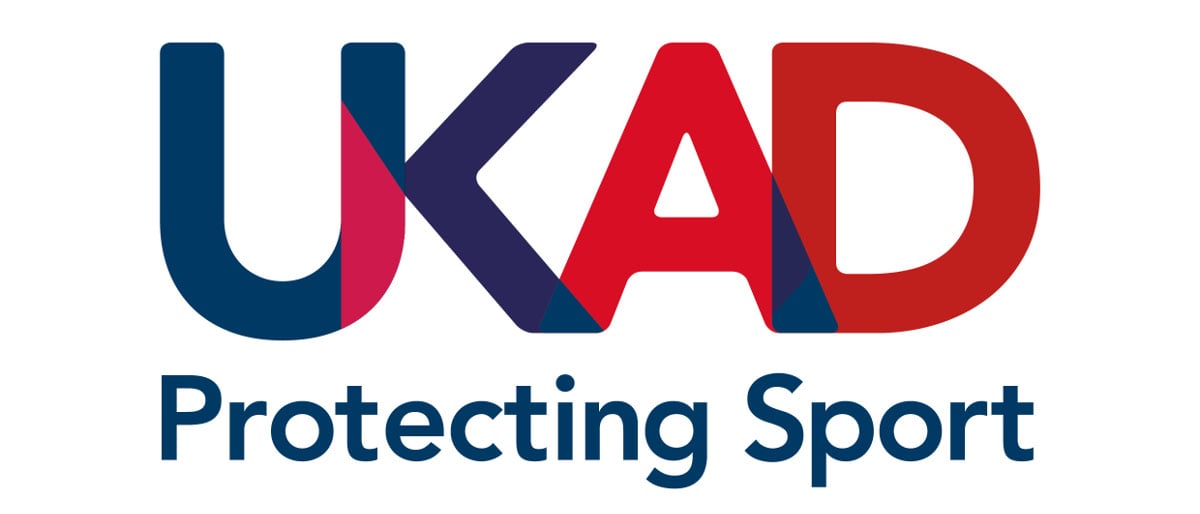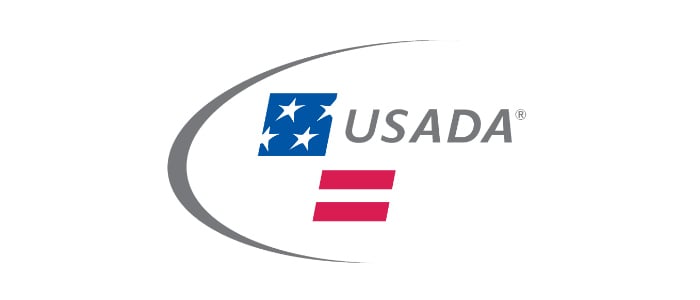UK Anti-Doping (UKAD) notes with concern the current media and sporting world commentary and speculation about serious anti-doping issues involving 23 Chinese swimmers.
UKAD, along with WADA and all Anti-Doping Organisations, has a fundamental responsibility to protect athletes’ rights to participate in doping-free sport and promote health, fairness and equality for athletes worldwide. Clean participation is essential and must be delivered in a coordinated manner linked to the International Standards and the World Anti-Doping Code.
The recent media reports and responses by WADA and several National Anti-Doping Organisations have led many athletes and the wider sporting community to question the consistency with which anti-doping processes work and how anti-doping rules are applied worldwide.
Without public access to the full details, and with speculation continuing in the media, a more transparent approach is needed.
We call on WADA, in this specific case, to now initiate an independent review of the regulatory framework and processes applied.
We hope that WADA, by expediting this process, can help ensure trust and confidence is restored in anti-doping worldwide, and clean athletes can continue to be protected and championed.
UK Anti-Doping (UKAD) has confirmed that Rugby League player Adam Rusling received a three-month ban from all sport following Anti-Doping Rule Violations (ADRVs) for the presence of Prohibited Substances cocaine and MDMA in his urine Sample. At the time of this announcement, the ban has been served and the player is free to resume participation in sport.
On 18 June 2023, UKAD collected an In-Competition urine Sample from Mr Rusling at a game between Hunslet RLFC and Cornwall RLFC. Analysis of Mr Rusling’s urine Sample returned Adverse Analytical Findings (AAFs) for benzoylecgonine, a metabolite of cocaine, and MDMA (‘ecstasy’) and its metabolite, tenamfetamine.
Cocaine and MDMA are listed under the World Anti-Doping Agency (WADA) 2023 Prohibited List as non-Specified stimulants and are prohibited In-Competition only. The WADA 2023 Prohibited List also identifies both substances as ‘Substances of Abuse’.
The UK Anti-Doping Rules (ADR), which implement the 2021 World Anti-Doping Code for sports in the UK, set out specific rules on how ADRVs relating to Substances of Abuse should be managed. Shorter bans of three months are available for such substances when found In-Competition if their ingestion takes place Out-of-Competition and in a context unrelated to sport performance.
The ADR further require that a mandatory provisional suspension is imposed when notifying an Athlete that a non-Specified Prohibited Substance (such as cocaine or MDMA) has been detected in their Sample. Therefore, Mr Rusling was notified of his AAFs and provisionally suspended by UKAD on 2 August 2023. In the player’s responses, he admitted taking cocaine and MDMA, stating he had taken both substances Out-of-Competition during the evening of 16 June 2023.
UKAD investigated the player’s responses, including instructing an independent scientific expert to examine the plausibility of the player’s explanation. Upon concluding its investigations, UKAD charged Mr Rusling on 12 December 2023 with the commission of ADRVs for the Presence of a Prohibited Substance or its Metabolites or Markers in an Athlete’s Sample. The player accepted the charges and a three-month period of Ineligibility.
The ADR provide that Mr Rusling be afforded credit for the time he spent provisionally suspended (since 2 August 2023). In this case, Mr Rusling’s ban is therefore deemed fully served by virtue of his Provisional Suspension lasting in excess of three months. UKAD shares the outcome of this case today, following the expiry of the appeal deadline.
Mr Rusling’s case follows three recent published Rugby League cases, all involving cocaine. While shorter bans may be available for cocaine and other recreational drugs designated ‘Substance(s) of Abuse’, UKAD’s Director of Operations, Hamish Coffey warns about the impact these substances have on an athlete’s health and welfare:
“Stimulants such as cocaine and MDMA are harmful and addictive, and illegal in the UK. Athletes and their loved ones can have their lives impacted by ‘recreational drugs’, so it’s simply not worth the risk to their health or reputation in sport. The anti-doping rules are in place to keep athletes safe and to maintain a fair sport. We welcome the work sports like Rugby League, in conjunction with Rugby League Cares, are doing to tackle the use of recreational drugs among players, which includes awareness, education and support for those affected.”
The Rugby Football League and Rugby League Cares, the sport’s independent charity which leads on player welfare, added:
“Rugby League supports UKAD in its testing programme of players at all levels of the sport, in and out of competition, and in this case specifically the Substance of Abuse programme following positive tests for recreational drugs – supporting players in recognising the dangers of substance misuse, and explaining the range of options for ongoing support – which in Rugby League is led by RL Cares.”




 Global Summit 2024
Global Summit 2024